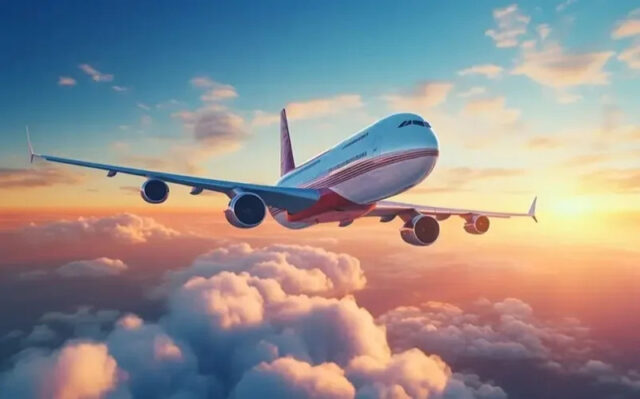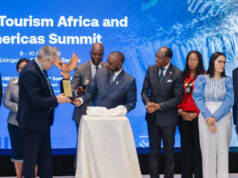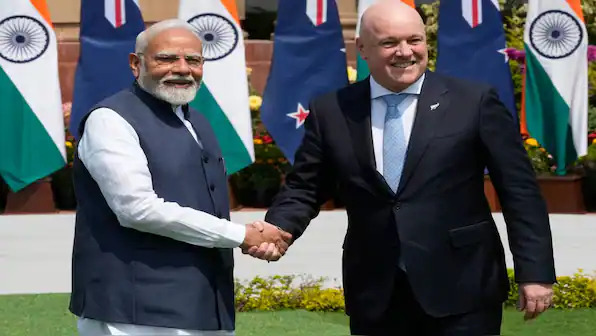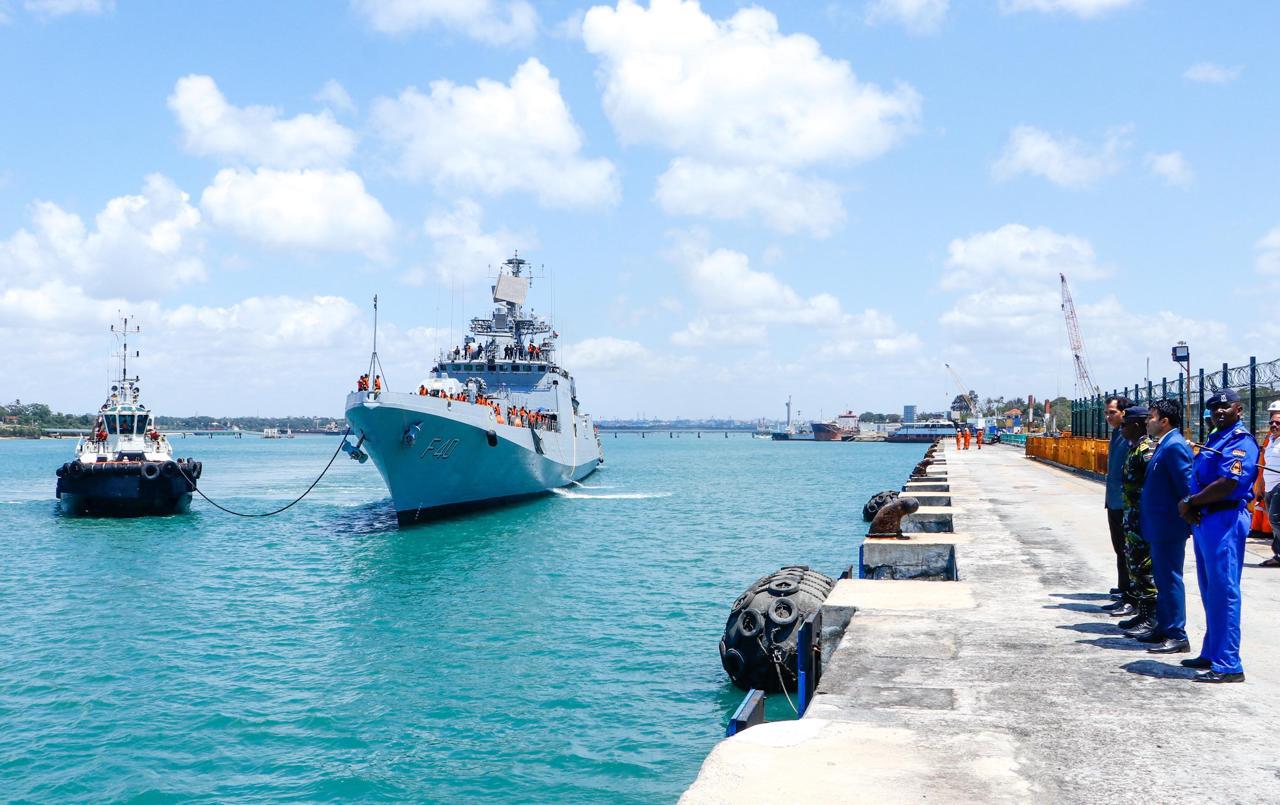Brazil and South Africa are set to strengthen their bilateral partnership with an expansion of direct air services, a move expected to deepen tourism flows and stimulate trade between Latin America and Africa. The enhanced connectivity, linking Brazil’s major cities with South Africa’s principal hubs, is designed to make travel easier for tourists and business travellers alike while opening new avenues for economic and cultural collaboration.
Direct Flights Drive Growth in Visitor Numbers
Currently, eight weekly flights operate between the two countries, providing more than 2,000 seats. This regular service has already fuelled a sharp increase in visitor numbers, and the latest agreement to expand frequencies aims to build on that momentum. Brazilian tourism officials have welcomed the development, stressing the importance of connectivity in fostering people-to-people exchanges and strengthening cultural and commercial ties. The policy supports the broader ambition of both nations to position themselves as gateways to their respective regions, encouraging greater movement between Latin America and Africa.
Central to the growth in air traffic is the mutual visa exemption, allowing citizens of both countries to visit for up to 90 days without prior approval. This simplified system has removed a significant barrier to travel, making it easier for tourists and business travellers to plan their journeys. The results have been striking. The number of South African tourists visiting Brazil rose from 5,403 in 2022 to 15,280 in 2024. By mid-2025, more than 10,000 South Africans had already travelled to Brazil, signalling another record year. South Africa, meanwhile, has become a major draw for Brazilians, welcoming nearly 50,000 visitors from the country in 2024—almost double the previous year’s total.
Economic Impact Through Tourism and Trade
The expansion of flight routes is expected to deliver wider economic benefits, spurring demand in sectors such as hospitality, retail and local services. More convenient travel is also likely to encourage new investment and strengthen partnerships in industries ranging from international trade to tourism development. Officials in both countries view these changes as a catalyst for job creation and economic diversification, while also promoting cultural exchange. The enhanced air links form part of a long-term strategy to position Brazil and South Africa as key players in global tourism and trade networks.
Brazil’s Role on the Global Stage
Brazil’s international profile will be further highlighted later this year as it takes part in the G20 Tourism Meeting, which will address the role of tourism in promoting sustainable development. The country is also preparing to host the COP30 climate conference in November 2025, an event that will focus on climate action and sustainability. With both Brazil and South Africa emphasising climate-resilient tourism, the meetings will underscore the potential for the sector to act as a driver of positive environmental change.
A Stronger Partnership for the Future
By combining expanded air services with visa exemptions and a shared commitment to sustainable tourism, Brazil and South Africa are laying the foundations for deeper cooperation. The growing flow of travellers not only supports economic growth but also strengthens cultural understanding between two regions with much to offer each other. The new direct flights mark more than just improved connectivity: they represent a significant step in building lasting bilateral ties. With tourism and trade at the forefront, both nations are charting a course towards greater prosperity and collaboration in the years ahead.









